What does it mean – “having a practice”? It is a very vague definition that can be used in many ways and can mean many things. As well as it can mean nothing at all, just referring to smoke and mirrors. The straightforward notion of “practice” in itself entails being involved in a process, repeatedly engaging in an activity with the end goal of achieving mastery in something. It can be both an empty description of a habit or it can be a phenomenon that fills human life with meaning.
Every day we have a choice to what we dedicate our time to. We wake up in the morning and all the possibilities are in front of us. Then we are swamped in the mundane activities, very often engaging in things we do not like or do not pay enough attention to in order to see them as meaningful. Drifting through until sundown, day by day the time slips through the fingers leaving a bitter taste in the mouth as the years pass by. One day we look back and regret creeps into our minds, making us realize how much time was wasted on unimportant things. Having a practice is an antidote for that. Engaging daily in something that is meaningful for us, is what makes life exciting.
My Zen teacher proposed the following: “Every day, put something consciously on your altar. Something you keep sacred.” It means choosing every day to sacrifice immediate pleasures for some higher purpose. This purpose can be found in different things. People who study music, for example, know very well that rigorous, impeccable practice is the only way to become good at it. Professional musicians are true Zen masters. Every day, they chose to dedicate their time to practice instead of doing something else. They know very well that one day missed will disturb the entire process. Given that they are doing it by their own volition and consider music something sacred, they live a fulfilling life. The same principle can be applied to anything, whether it is baking bread, making furniture, or practicing movement. You do not have to change your profession to live a meaningful life (if you, say, not a fan of it but do not have another choice), you need to approach it differently.
Abraham Maslow established the famous “hierarchy of prepotency of need”. At the base of the pyramid, he placed the basic physiological needs like food, shelter, and safety; next comes the need for connection; followed with the esteem – the need of recognition by yourself and others; and, finally, he topped the pyramid with self-actualization. In his theory, if the basic needs are not covered they take all our attention. This is partially true, but I will go as far as not agreeing exactly with the way he structures his idea (as well as many people who devote their lives to religious practices and deprive themselves of physiological needs by choice, to give an example). Life is not a pyramid, it is not static, so a better metaphor than the pyramid for me would be a boat moving through the ocean: if we want to operate as a whole being and keep the vehicle going, we need to aim to satisfy all the needs all the time in equal measure. The striving to arrive at the end of the pyramid by any means results in constant craving for peak experiences. This is not sustainable. There is nothing sadder than the moment right after a professional athlete achieves a gold medal in Olympics. Rather, in Maslow’s own words, we should understand that “life is about plateau experiences”. This approach values THE BEING, the process, it is not concerned about reaching the end by any means. The difference can be summarized as satisfying some “hole” in yourself vs. being whole.
This way of living has been distilled in many religious traditions. As in the West we threw the baby with the bathwater, we have lost the notion of importance for holding something sacred, for believing in something bigger than thyself. The problem with religious traditions is that it is often a blind faith that is imposed by an outside force, sprinkled with fairy-tallish ideas and misinterpretations. Nevertheless, we can learn from the wisdom of our ancestors and create our own version of it, applicable to modern-day life. You do not have to become a monk to live a fulfilling life, but choosing a practice and sticking to it religiously will fill your life with meaning. There is nothing in life that has no value, we ourselves strip things out of value. You can be a bricklayer and thinking every day of how people will live in the houses you construct, rather than simply waiting for a paycheck. It can be a 180 turn in life that will make you want to wake up every day and become better at laying bricks.
So, “having a practice” – what does it mean? It means finding something that has value for you and that makes the fire inside you burn harder. It means choosing to show up every day, rain and snow, and doing what needs to be done. It means being possessed with the desire to improve and be ready to fail constantly. It means believing that by sticking to your practice rigorously, you are making the world a better place, however insignificant it might seem. It means having a purpose and living a meaningful life. A life that you will be proud to look back to when it is time to do so. And you will have no regrets because you spent wisely the time you were given.

